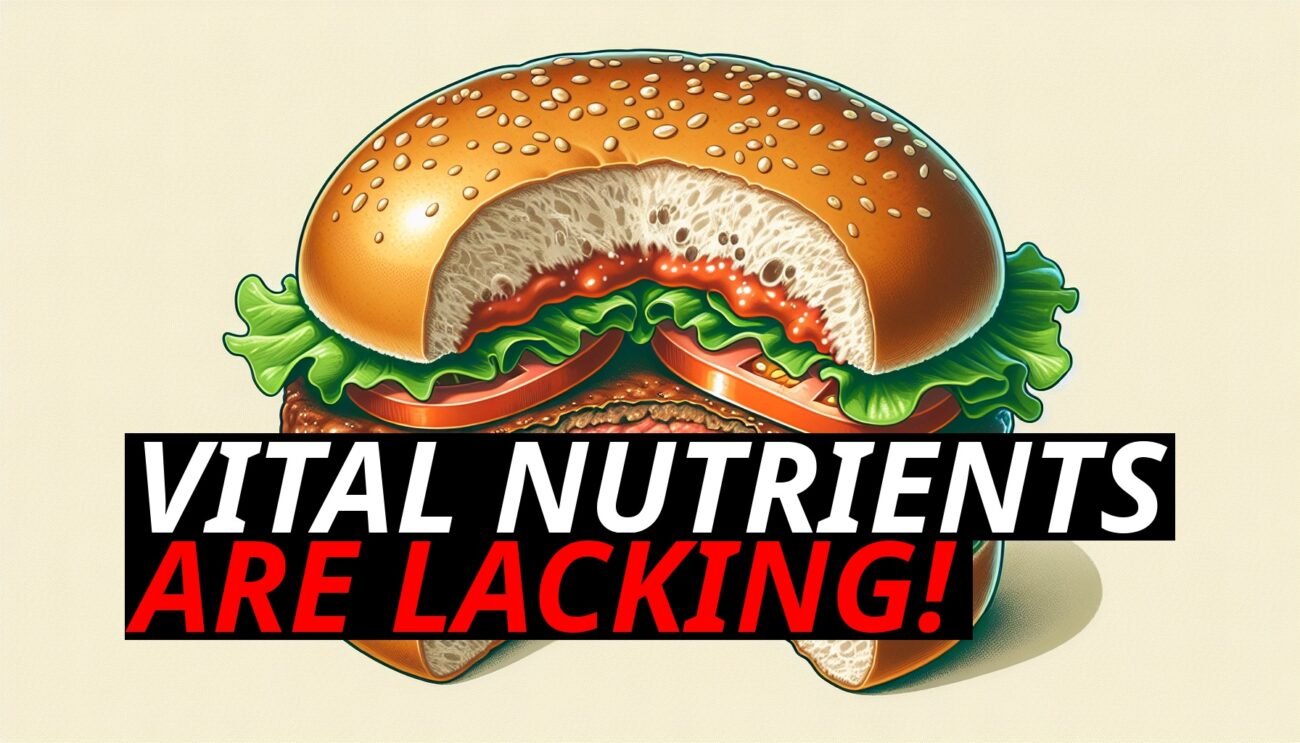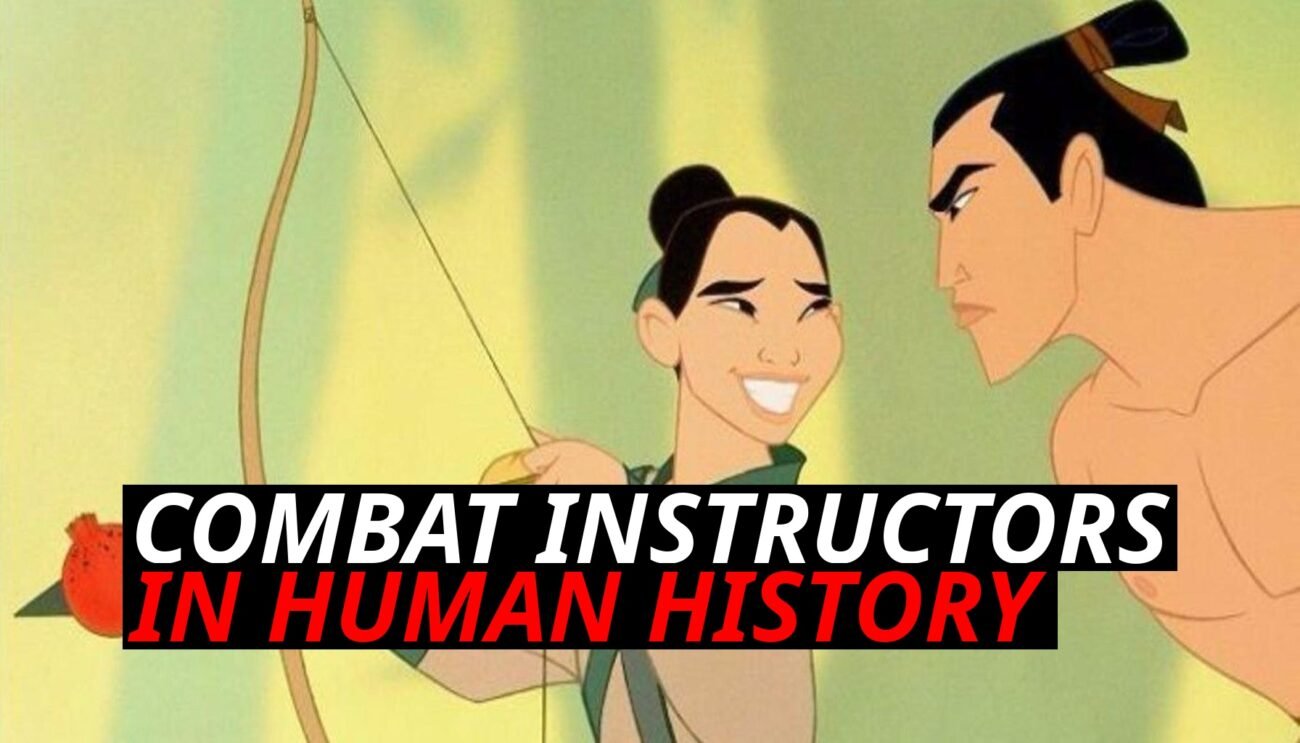Imagine a thriving medieval town. The blacksmith is forging tools, the carpenter is building homes, and the farmers are harvesting bountiful crops. Everything seems perfect, right? But behind this well-oiled machine is a hidden truth: specialization, while driving progress, comes with its own costs. Societies that rely heavily on specialization may achieve greatness but often sacrifice resilience, equality, and broader cultural cohesion in the process.
Why Specialization Is Essential
Specialization is what elevates societies from mere survival to prosperity. By focusing on specific skills, individuals contribute at a higher level, increasing productivity and innovation:
- Efficiency: Specialists master their craft, making processes faster and more reliable.
- Innovation: Focusing on one area allows for experimentation and breakthroughs, from toolmaking to technology.
- Economic Growth: Specialization creates surplus goods and services, fueling trade and wealth generation.
It’s hard to argue with the benefits, but the singular focus on specialization often comes at a cost that isn’t immediately visible.
The Trade-Offs Of Specialization
For all its advantages, specialization can lead to significant sacrifices that societies often overlook:
- Loss of General Skills: As individuals focus on a narrow field, they may lose the ability to perform basic tasks outside their specialization.
- Overdependence: Societies become reliant on specific individuals or trades. If a key specialist is lost, the entire system can falter.
- Social Stratification: Specialization often creates hierarchies, elevating certain roles while devaluing others, leading to inequality.
These trade-offs reveal that specialization, while driving progress, can also create vulnerabilities.
The Cost Of Overdependence
One of the most significant risks of specialization is overdependence. When societies rely too heavily on a few specialized roles, they lose resilience:
- Economic Fragility: If a specialized trade collapses—due to war, resource depletion, or technological change—the entire economy can suffer.
- Skill Gaps: As general skills disappear, communities become less self-sufficient, unable to adapt to unexpected challenges.
- Supply Chain Vulnerabilities: In modern times, reliance on global supply chains for specialized goods can create crises when disruptions occur, as seen with recent shortages in microchips or medical supplies.
Specialization creates powerful systems but often at the expense of flexibility and adaptability.
Inequality: The Hierarchy Of Specialization
Specialization inherently creates value hierarchies, rewarding certain skills over others. While this drives innovation, it also deepens social divides:
- Economic Disparities: Specialists in high-demand fields, like engineering or medicine, often earn significantly more than those in caregiving or manual labor.
- Cultural Devaluation: Roles that are essential but not specialized—such as childcare or farming—may be overlooked or undervalued, despite their importance.
- Barriers to Entry: Specialization often requires access to education or training, which can exclude individuals from disadvantaged backgrounds, perpetuating inequality.
This imbalance can erode social cohesion, creating a society where not all contributions are equally valued.
The Psychological Toll Of Specialization
Focusing on one skill or trade can also take a personal toll on individuals:
- Burnout: The pressure to master a single field can lead to mental and physical exhaustion.
- Identity Narrowing: Specialists may tie their self-worth entirely to their profession, leaving them vulnerable during career changes or crises.
- Loss of Fulfillment: The repetitive nature of some specialized tasks can lead to dissatisfaction, as individuals miss the variety and creativity of more generalist roles.
While specialization drives societal progress, it can leave individuals feeling disconnected or unfulfilled.
How Societies Can Mitigate These Costs
Balancing the benefits of specialization with its hidden costs requires deliberate effort:
- Promote Lifelong Learning: Encouraging individuals to develop secondary skills can reduce overdependence and foster resilience.
- Value Universal Roles: Recognizing the importance of caregiving, teaching, and other non-specialized contributions can create a more equitable society.
- Diversify Training: Providing broader access to education and apprenticeships ensures that specialization doesn’t become an exclusive privilege.
- Build Redundancy: Creating backup systems and cross-trained teams can protect against the vulnerabilities of overdependence.
By addressing these trade-offs, societies can harness the power of specialization without sacrificing their stability or humanity.
Lessons From History
History is full of examples where societies thrived or faltered based on how they managed specialization:
- The Roman Empire: Its reliance on specialized engineers and builders created architectural marvels, but when the empire collapsed, much of this knowledge was lost, plunging Europe into the Dark Ages.
- Industrial Revolution: Specialization drove unprecedented growth, but it also created stark class divides and poor working conditions for laborers.
- Modern Supply Chains: Today’s interconnected economies rely on global specialization, but disruptions—like the COVID-19 pandemic—expose the fragility of these systems.
Each case highlights the need for balance, showing that unchecked specialization can come at a high cost.
Final Thoughts
Specialization is the engine of human progress, but it comes with invisible costs that societies cannot ignore. From overdependence to inequality, the focus on mastery in one area often creates vulnerabilities that ripple through communities.
To move forward, modern societies must learn from history, valuing not just the specialists who drive innovation but also the generalists and universal roles that keep the system stable. Progress is powerful, but it’s strongest when supported by a resilient, balanced foundation.













